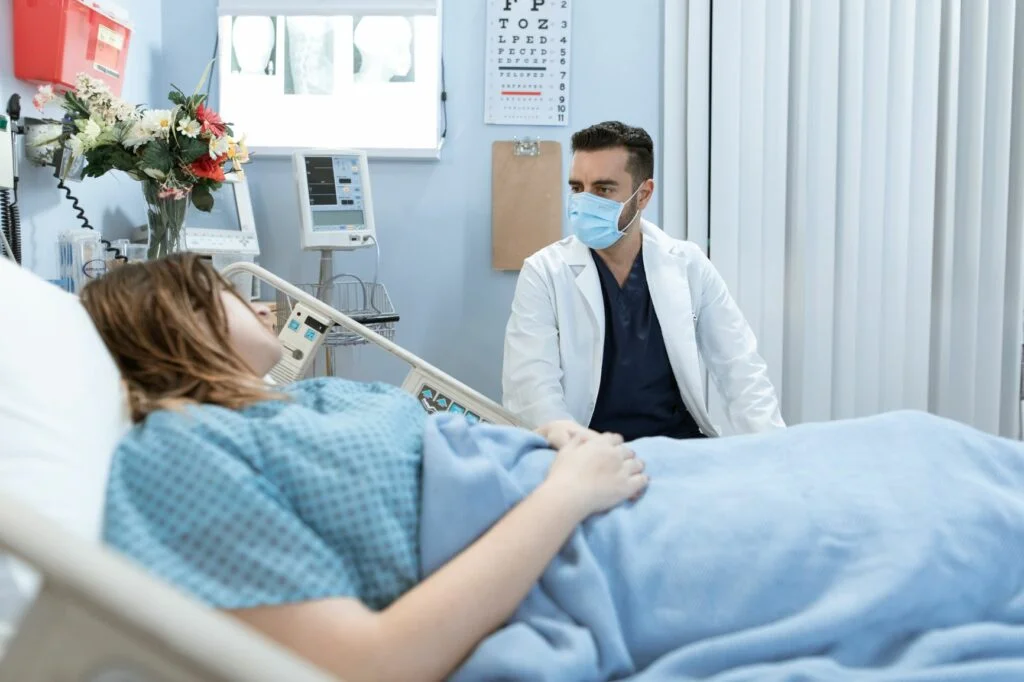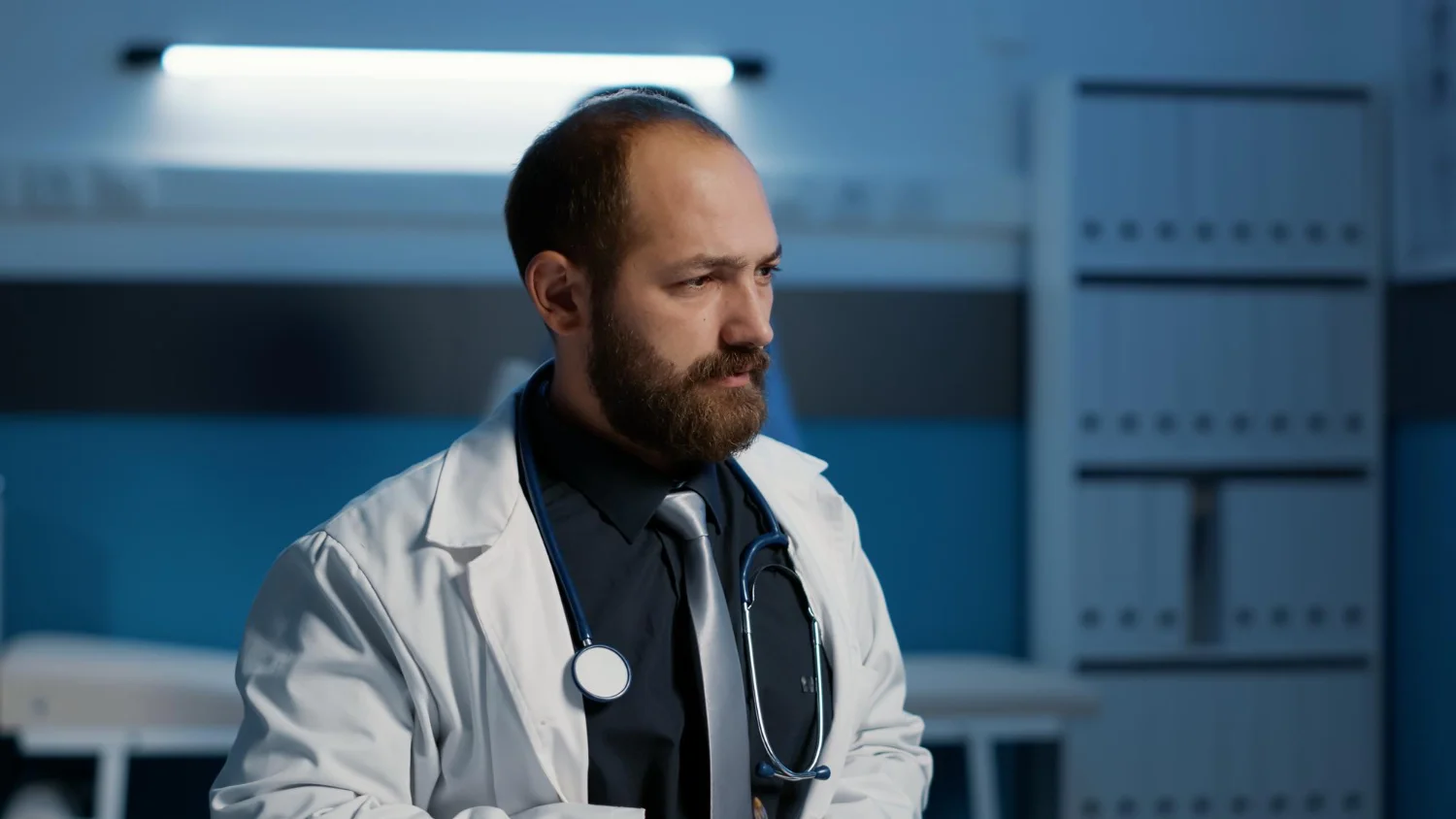Is There a Safe and Effective Way for Drug Detoxing at Home?
For people with substance abuse disorder, the vision of detoxification sounds very scary. While a rehab center could be an option in the matter of substance use recovery, some individuals could prefer to detox at home due to issues like privacy, financial problems, or an inclination toward the comfort of one’s home.

Nevertheless, self-detoxing requires caution and the procurement of all the necessary means to assure the safety and effectiveness of the whole process, making clear that in case of an emergency, you must call 911 immediately. This article discusses whether there is any safe and reliable home drug detoxification system setup one can do without needing to be in a medical facility such as a hospital.
We will detail concrete strategies, risks, and measures of good upkeep, support, and confidence needed among individuals as they begin their journey to recovery. By mastering the different ways of safe detoxing and applying the appropriate safety measures, people can make an informed decision about their recovery path by striving to re-establish their health.
Strategies for Drug Detoxing at Home
On the subject of detoxing drugs at home, it is essential to take the procedure with the utmost care and with a plan that has been well arranged. These are tips to facilitate drug detoxing at home:
1. Consult with a Healthcare Professional:
Before commencing with home detox, be sure to consult with your healthcare practitioner, such as a doctor, addiction expert, or any other person qualified to offer you the relevant guidance. They may offer you expert consultation, consider your medical past, and assist you in staying on track to recovery.
2. Gradual Tapering:
If possible, ration the substance you are taking in and avoid the abruptness of completely quitting it. A slow detox from the drug can decrease withdrawal symptoms and soften the incoming response from the body. Usually, a healthcare provider is usually well-armed to help formulate a tapering schedule based on your needs.
3. Hydration and Nutrition:
During the detox, make sure you stay well-hydrated and consume nutritious food. Consuming lots of water, electrolytes, and nutrient-rich foods is vital because it will help your body's natural detoxification mechanisms and overall well-being.
4. Monitor Vital Signs:
Keep records of your vital signs, such as heart rate, blood pressure, and core temperature. Changes in these may imply a chance of a complication; therefore, it is important to monitor them always. This is essential during the initial stages of detox.
5. Create a Supportive Environment:
Apart from being alone on this journey, keep the good company of people who will understand your identity and aid your progress. Inform your family members or your closest friends about your detox plans so you can get their support and encourage progress that is monitored.
6. Distraction and Relaxation Techniques:
Take part in activities that help you avoid mind-quenching and withdrawal symptoms, such as exercise, meditation, deep breathing exercises, or hobbies you enjoy. Relaxation methods help de-strain and provide peace during tough times.
7. Over-the-counter medications:
In this case, non-prescribed drugs can somehow lower the concentration of either one of the mentioned symptoms, for instance, pain, sickness, or lack of sleep. But then, be cautious and seek a healthcare practitioner before using any drugs to be sure they are safe and effective.
8. Seek Professional Help if Needed:
Remember that you might need professional help, even when you would rather do it alone. If you start experiencing withdrawal symptoms beyond cravings -even if mild- the best option is to get a medical assessment. Some substances can provoke life-threatening complications such as alcohol and benzodiazepines. Take into consideration that severe alcohol addiction should never be treated at home or without medical monitoring.
9. Follow-Up Care:
Taking into consideration the detox procedure, attend subsequent therapy to deal with the underlying reasons that give rise to the addiction and decide on ways of overcoming the substance misuse for permanent abstinence. Compliance is vital in this regard to avoid a regression or relapse.
10. Stay Committed and Patient:
Drug detoxification is a laborious process that requires perseverance, comprehension, and, above all, patience. After overcoming the personal crisis, discover how to make yourself happy by acknowledging the small steps you have taken.
Home detox might sound possible; however, it may not be safe, and professional assistance may be required in some cases. Remember, there is nothing more important than your health and well-being. So, always remember that you have to put your safety first.
Risks of Drug Detoxing at Home
If a patient decides to detox at home, without proper medical supervision and observation, it can be dangerous, particularly because of the medical complications and emergencies that could present at any time. Here's a detailed overview of the dangers involved:
Withdrawal Symptoms:
These symptoms can either be severe or have equal variations depending on the drug, individual, environment, history, and level of substance dependence. The side effects can be anything from mild discomfort to dangerously severe conditions. People have difficulty in keeping track of these symptoms, and following the treatment strictly can be very risky, resulting in relapses or medical emergency cases.
Severe Withdrawal Complications:
Withdrawal symptoms can develop very fast, and the worst-case scenario is with alcohol, benzodiazepines, or opioids. This shakes particular rare situations, for example, delirium tremens that can be triggered by alcohol withdrawal or flu-like symptoms, including muscle aches, severe cravings, sweating, and occasionally seizures in extreme cases of opioid withdrawal.
Life-Threatening Withdrawal Conditions:
Withdrawal can lead to conditions that may be fatal if the symptoms are not rapidly treated. One example is delirium tremens, which is characterized by hallucinations, severe confusion, rapid heartbeat, and quickly rising blood pressure. Time is critical to provide medical care to people suffering from delirium tremens who might have dangerous seizures and cardiac arrhythmias that could lead to death.
Dehydration and Malnutrition:
Some patients may experience symptoms like reduced appetite, nausea, vomiting, and diarrhea, which cause the body to lose water and nutrients, delay the detox, keep wasting products in its system, and cause electrolyte imbalances.
Psychological Distress:
Detoxing at home can range from mild discomfort to some extremely high anxiety & stress levels, general depressed mood, and mood swinging. Based on insufficient backup or companionship, the individuals will have a hard time adapting to the new state of these symptoms, thus ultimately heightening the risk of relapsing or worsening mental health.
Lack of Monitoring:
The absence of medical observation suggests that important parameters like blood pressure, heart rate, and body temperature levels cannot be monitored. Neglecting to track these parameters increases the chances of unnoticed complications if not treated in time, causing the likelihood of serious risks.
Relapse:
Home detoxing in the presence of triggers and a craving-filled environment at home where almost every atmosphere is in a way reminiscent of their drug use, in turn, may lead to relapse. Without having a protocol in place, the struggle of allowing oneself to zap sobriety during the detox can get way too heavy.
Incomplete Detoxification:
Detoxing at home might not solve different psychological and social challenges that bring the person to consumption of such substances. Unless the person voluntarily commits to therapy or counseling to address the emotional circumstances that led to the detox, he may just develop a higher chance of relapse upon completion of the detox.
Medical Emergencies:
Home detoxing incurs the risk of arousing unqualified personal medical interventions without quick access to specialized attention. An example is severe dehydration arising due to persistent vomiting. It can also lead to renal failure and cardiac arrhythmias. Additionally, respiratory distress, cardiac events, or seizures may initially show unexpectedly during the detox period, urging immediate medical attention. With a lack of timely intervention, the events will cause significant damage that may lead to death or organ dysfunction. If you or a loved one are in need or have a medical emergency, call 911 immediately.
Mismanagement of Medications:
Similarly, trying to alleviate the rebound symptoms of withdrawals with freely available over-the-counter drugs and also prescription meds unsupervised by a professional may even get worse. Attempting to self-medicate without proper supervision can result in aggravation of symptoms, adverse reactions, or the need for medications with totally different mechanisms of action.
Legal Implications:
It is possible that undertaking a home detox with certain substances results in one owning controlled substances without a prescription, which may bring up legal implications such as arrest.
Therefore, do not forget that, though the idea of detoxing at home may be seen as a more convenient option, the ideal detox should be medically supervised in a detox center or rehab center. This is to help the addicted patients recover from their addictive substance dependence.
Related Articles
Treatment Centers in Virginia
 123
123
 123
123





